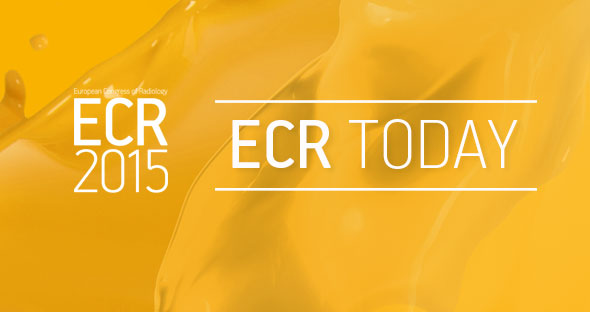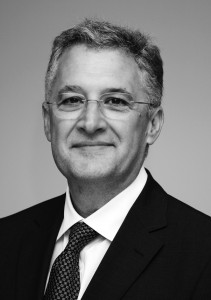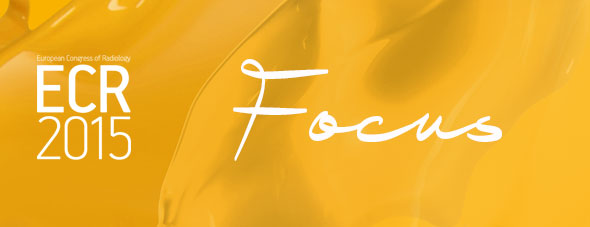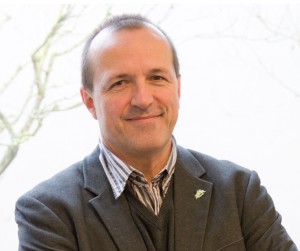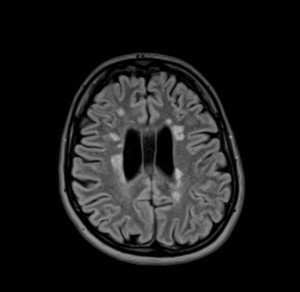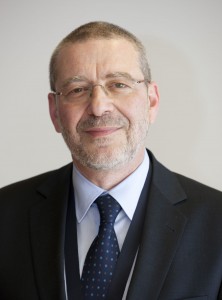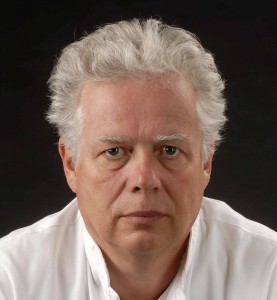ESR to address issues on all fronts in 2015
ECR Today spoke with the incoming ESR President, Prof. Lluís Donoso Bach, Director of the Diagnostic Imaging Department of the Hospital Clínic of the University of Barcelona and Executive Director of the UDIAT Diagnostic Centre at the Health Corporation Parc Taulí, to find out about his plans for the ESR over the coming year.
ECR Today: What will be your priorities as ESR President?
Lluís Donoso Bach: The ESR has a good track record in education and we will continue to innovate through the ECR. We will also open new learning centres in Vienna and Bogotá and are planning a further centre in Moscow.
Because of the financial crisis, it is more important than ever that we develop efficient systems, so we will increasingly rely on electronic, web-based services for our members. This is why we decided to launch the ESR eLearning Platform. This represents a big challenge, and we will see how it works as a business model and how our members use the platform throughout the year. We will also try to offer an examination for the European Diploma in Radiology online. There are a lot of experiences and successful models to draw inspiration from.
We will also continue our efforts in research through the European Institute for Biomedical Imaging Research (EIBIR). The ESR Research Committee has been working a lot on the quantification of data using biomarkers and biobanks, focusing in particular on oncology and trying to have more influence in that area. Quality and safety is another very important issue for us. During ECR 2015, we launched ESR iGuide, a clinical decision support system for European imaging referral guidelines, following the example set by the American College of Radiology with ACR Select.
We also want to offer our members tools to improve quality in their departments. The ESR Quality, Safety and Standards Committee has thus created Level 1 clinical audit templates based on safety. We should also explore the possibility of performing quality controls at the level of department management.
Lobbying with European institutions has been an important field of battle for us in the past few years, and we will consolidate our action in this field keeping the momentum and relying on the personal contacts and networks established over the past years. We launched a Call for a European Action Plan for Medical Imaging in the European Parliament on November 4, to highlight existing heterogeneities in medical imaging in Europe in the areas of quality and safety, education and training, research, and eHealth, and to call for joint targeted actions to improve harmonisation in these areas.
